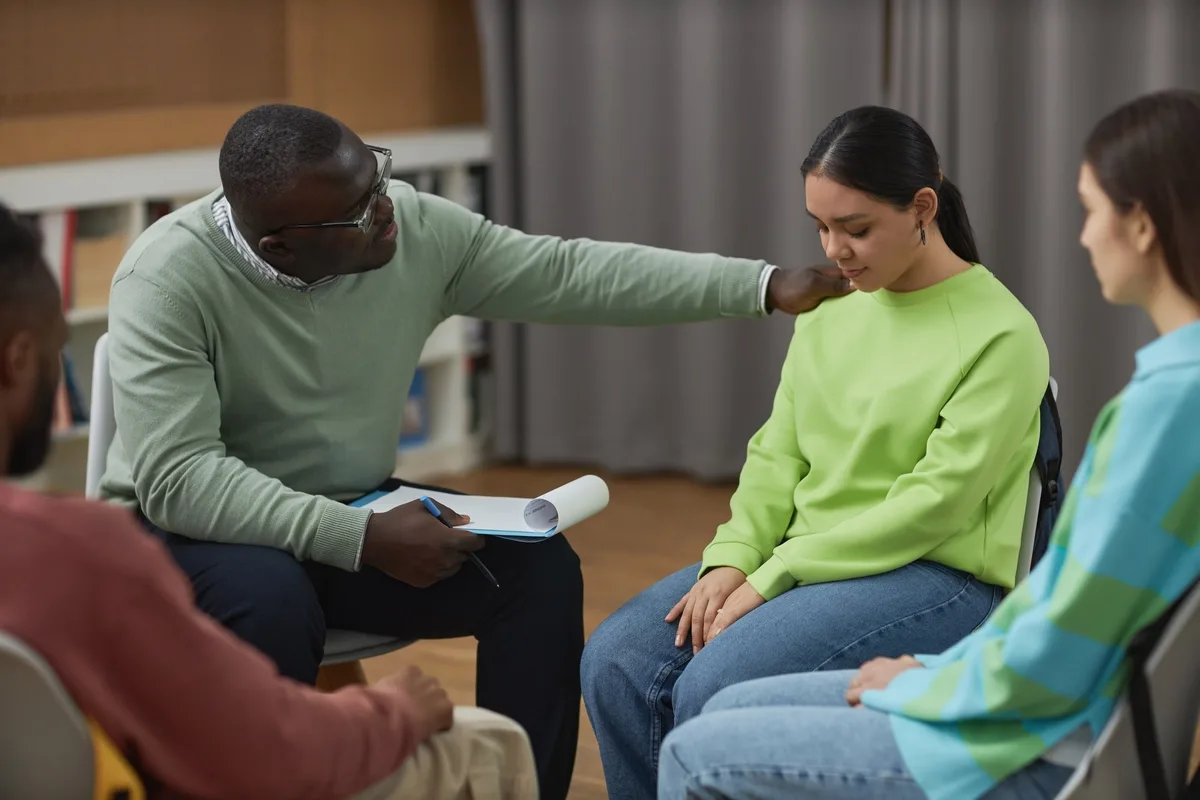24/7 Helpline:
(866) 899-221924/7 Helpline:
(866) 899-2219
Learn more about Cocaine Rehab centers in Columbus County

Other Insurance Options

Regence

Health Partners

Carleon

Molina Healthcare

AllWell

Cigna

Medical Mutual of Ohio

Optum

BlueCross

Health Choice

BHS | Behavioral Health Systems

Excellus

Highmark

UnitedHealth Group

WellPoint

Oxford

Group Health Incorporated

CareFirst

Amerigroup

Magellan Health

Allied Behavioral Management
Allied Behavioral Management is a private rehab located in Whiteville, NC. Allied Behavioral Managem...

Advantage Behavioral Healthcare
Advantage Behavioral Healthcare - Davis Avenue offers outpatient treatment for individuals with alco...

Robeson Healthcare Corporation
Robeson Healthcare Corporation - Hill Plaza is a non-profit rehab located in Whiteville, North Carol...
























































































































AA – Alcoholics Anonymous
AA – Alcoholics Anonymous is a non-profit rehab located in Whiteville, North Carolina. AA – Alcoholi...

Rouse Counseling & Consulting
Rouse Counseling & Consulting is a private rehab located in Whiteville, North Carolina. Rouse Counse...

Clean and Clear Evaluation
Clean and Clear Evaluation is a private rehab located in Whiteville, NC. Clean and Clear Evaluation ...












































































